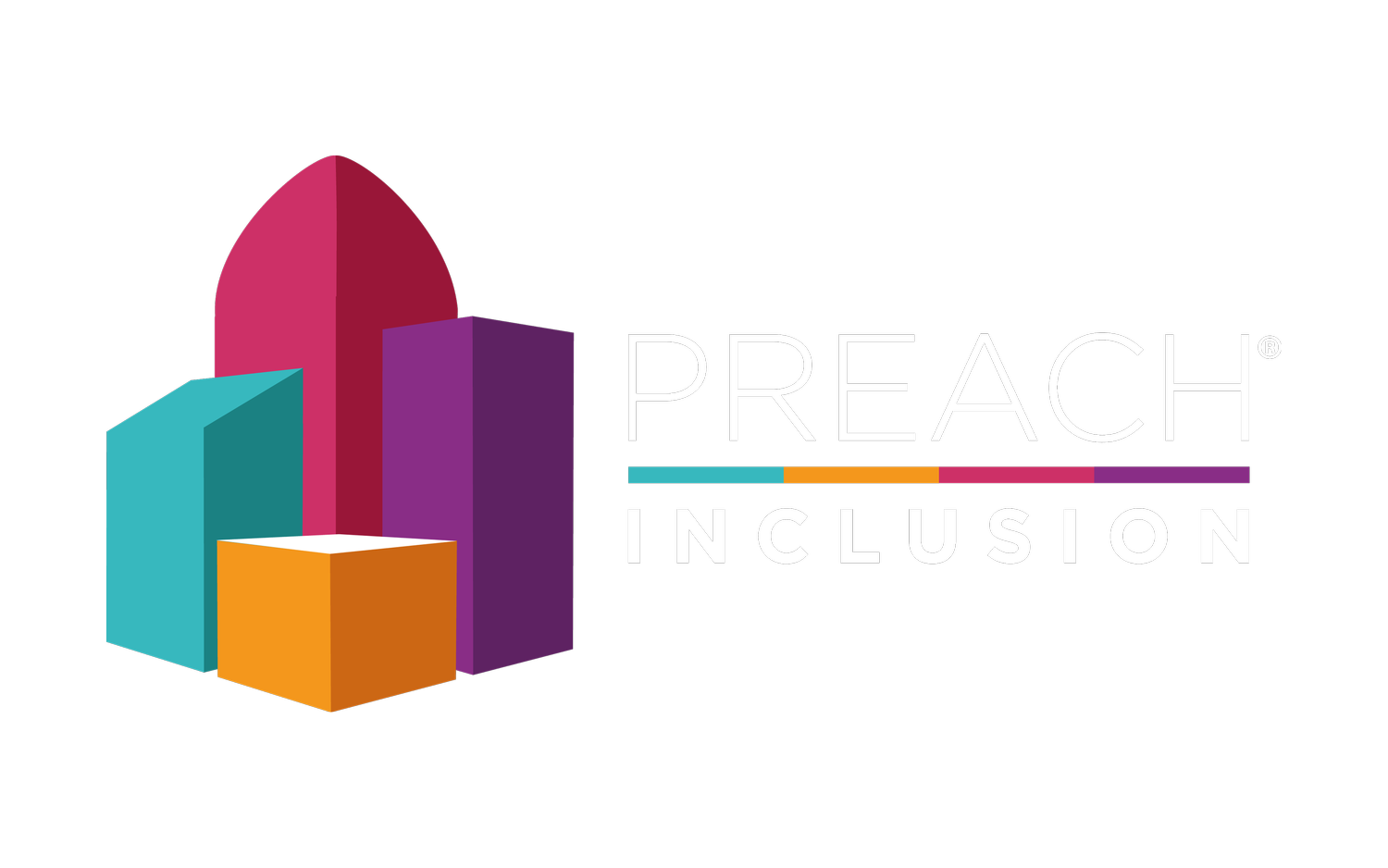Comment: Will blind CVs help diversify your company's recruitment?
Please note that this article was published prior to the new brand name of PREACH Inclusion® on 25 April 2024, so you will notice references to BAME in Property.
One of the most common recruitment questions we get asked is whether companies should engage in blind hiring processes. Companies often implement a blind CV process to remove unconscious biases from recruitment managers. With the industry becoming increasingly competitive and candidates having more choice, it's important companies consider a multitude of hiring procedures. Blind CVs can result in a more diverse pool of candidates during the interview stage and ultimately, employees within the company, if hired.
However, there are some drawbacks of blind CVs, the primary one being it doesn't prevent unconscious bias once a candidate gets to the interview stage. There is also a question about whether it is morally right to remove someone's personal details.
At BAME in Property, we've considered the impact of blind CVs to help your recruitment decisions.
So, what exactly is a blind CV? It is the basis of blind hiring, and a CV that doesn't have any identifying factors. This includes things like a candidate's name, gender, age, or race. The long and short of it is that there is no information present that isn't related to the candidate's working capabilities.
A more diverse talent pool
The most obvious benefit of blind CVs is the prospect of hiring talented people, who wouldn't normally make it through the interview process. As people are inherently bias in their selection process - e.g., choosing someone based on where they live or where they schooled - removing this detail focuses the hiring manager to select someone on their abilities and competencies.
A BBC Inside Out London investigation in February 2018, found that two CVs containing the same employee and educational information but different names, Adam and Mohammed, resulted in Adam receiving 100 interviews and Mohammed only 12, suggesting an obvious bias in the recruitment process. A blind CV process in this situation could have offered Mohammed more interview opportunities.
Many companies have been implementing blind hiring processes for years, including EY, which has removed details such as name and education – opening the doors for more state-schooled candidates. The result has been more people from non-traditional backgrounds entering the firm and progressing just as well.
Thus, there are some obvious internal benefits of blind CVs. From an external perspective, it shows prospective candidates a commitment to diversity and that a company cares about eliminating discrimination, where possible.
A short-term fix, not a long-term solution
"Why should personal details, such as names or schools be removed from CVs to protect a company’s unconscious bias?"
Nevertheless, blind CVs can only go so far. There is a moral argument here that questions why should personal details, such as names or schools be removed from CVs to protect a company’s unconscious bias? When names are removed this is taking away someone’s identity, their heritage and culture. It's the most basic foundation of an individual. If a hiring manager was not going to put someone through an interview process due to their name, age or any other personal information, why should that person work for said company anyway? In fact, they probably wouldn't want to work in that environment either if these biases come to surface once an individual joins the company – unfortunately, this happens all too often when people from ethnic backgrounds are treated differently. Indeed, this can even happen during the interview process, when hiring managers come face-to-face with candidates and biases start creeping in.
"When names are removed this is taking away someone’s identity, their heritage and culture. It is the most basic foundation of an individual."
Furthermore, blind hiring can in fact do the opposite of what it seeks to achieve and rather, hinder diversity in hiring. Many employees seek out minority candidates during the hiring process to engender positive action. This is defined as taking measures to support the recruitment of underrepresented minorities. However, when recruiters do not have candidates’ information, they cannot pursue diversity.
The reality is that we all have unconscious biases, regardless of which background we are from. Naturally, we are attracted to people who look and talk like us and have similar life experiences to us. Thus, whilst we can't remove unconscious bias, we can foster a more open and inclusive culture, which appreciates and welcomes differences. This is a longer-term solution which benefits everyone, rather than creating a short-term fix that may not last once an individual has joined a company.
"blind CVs in isolation is not the solution to a better hiring process but must be in conjunction with culture training and other initiatives."
A more inclusive culture can spark better conversation during the interview process and anticipate certain questions, such as flexible working requests during religious holidays or interests outside of work.
The point being, blind CVs in isolation isn't the solution to a better hiring process but must be in conjunction with culture training and other initiatives which promote diversity.
Get in touch with us to discuss how we can help create a more open and inclusive culture within your company.
